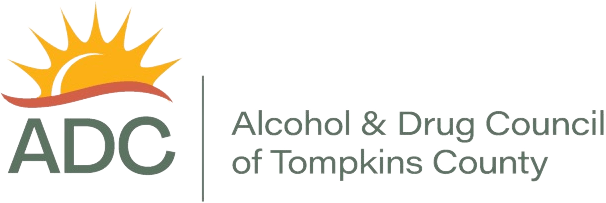OUTPATIENT TREATMENT
Addiction is a chronic, treatable disease. As our community and our nation face an opiate addiction epidemic, we offer hope, treatment and support for recovery.
At The Council, we use an integrated treatment model to address both mental health and chemical dependence. Using an evidence-based treatment approach, both the addiction and the mental illness are addressed concurrently and the entire medical, emotional and social life of the patient is taken into account.
Patient-Centered Assessments
A drug & alcohol assessment is a patient-centered, face-to face meeting with a clinician to determine what type of services, if any, are appropriate.
Individual Counseling
No single treatment plan is appropriate for all individuals. Using evidence-based practices, the Council is committed to setting a gold standard of care that is individualized.
Group Counseling
This is a therapeutic approach that includes members in different stages of treatment. Hearing from people who are coping or recovering gives hope to those at the beginning of the recovery process.
Groups include:
- Adolescent Group
- Mindful Recovery
- Medication Supported Recovery
- Stop the Chaos
- Relapse Prevention
- Acceptance Commitment Therapy (ACT)
- Living in Balance
- Seeking Safety
Medication Assisted Treatment
Medication-assisted Treatment (MAT) is the use of medications, in combination with psychosocial treatment and supports, to provide a whole-person approach to the treatment of substance use disorders. MAT is clinically driven with a focus on individualized patient care. While many people can do well using only medications to treat their addiction, research shows that many, and likely most individuals, need psychosocial treatment and supports in order to enjoy optimal, long-term outcomes and achieve full, sustained recovery. (OASAS)
Certified Peer Advocate
Certified Recovery Peer Advocates (CRPA) are individuals with lived experience in recovery who hold an OASAS approved certification. Peer advocates are supervised by a credentialed clinical staff member, and may model effective coping skills, attend court and other system meetings as support, facilitate peer support groups, help clients to develop recovery plans, help clients learn and practicing new skills, and more.
